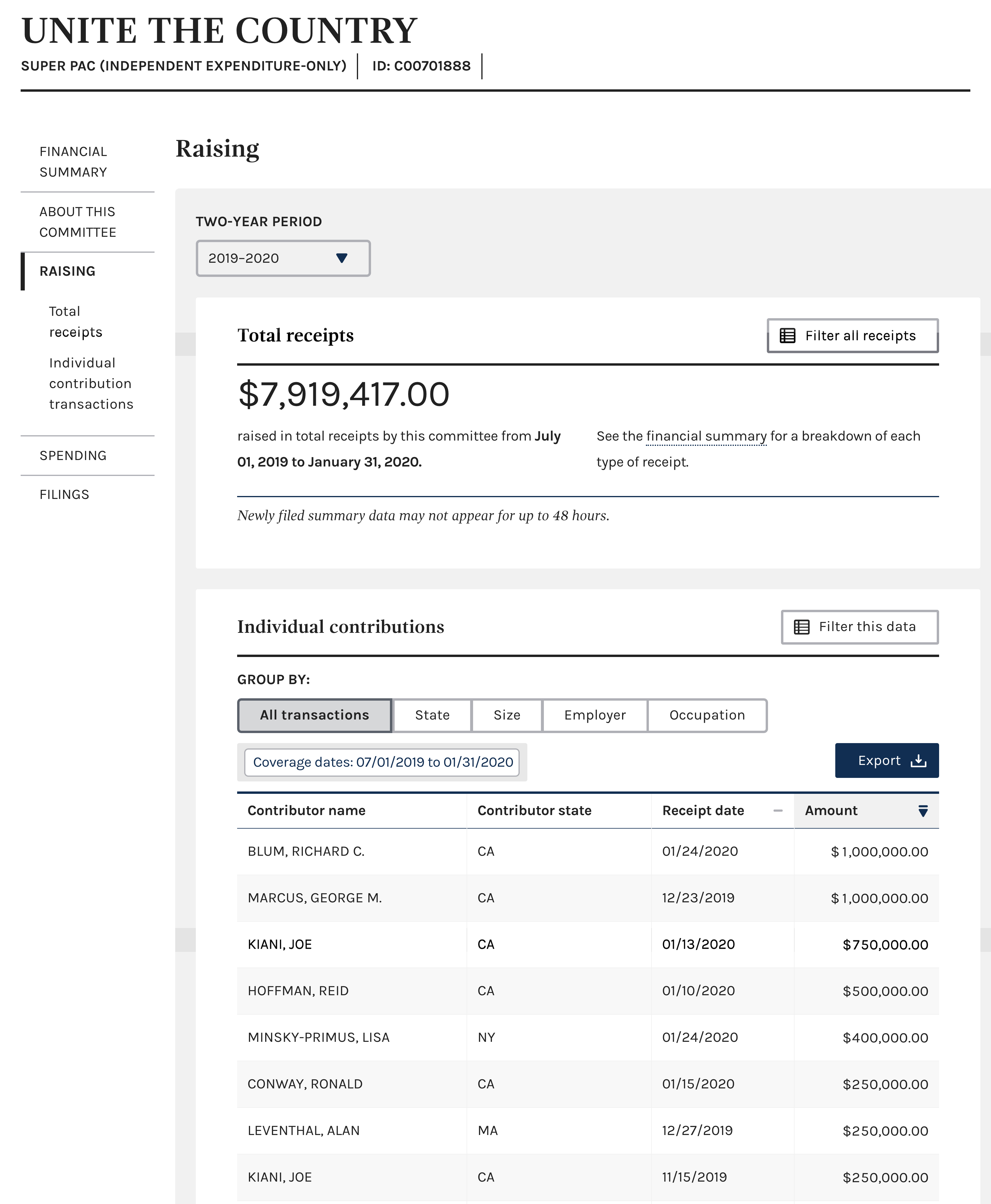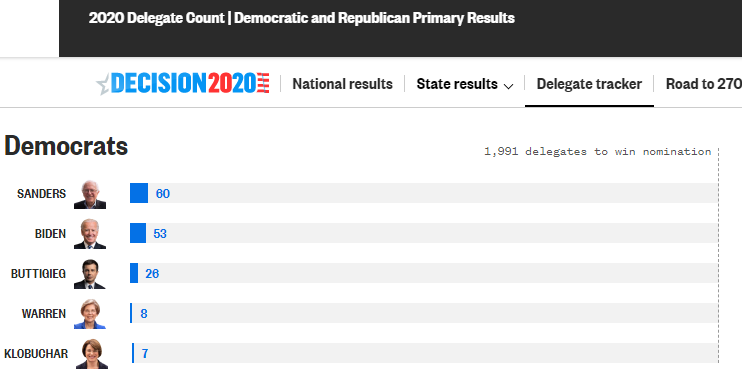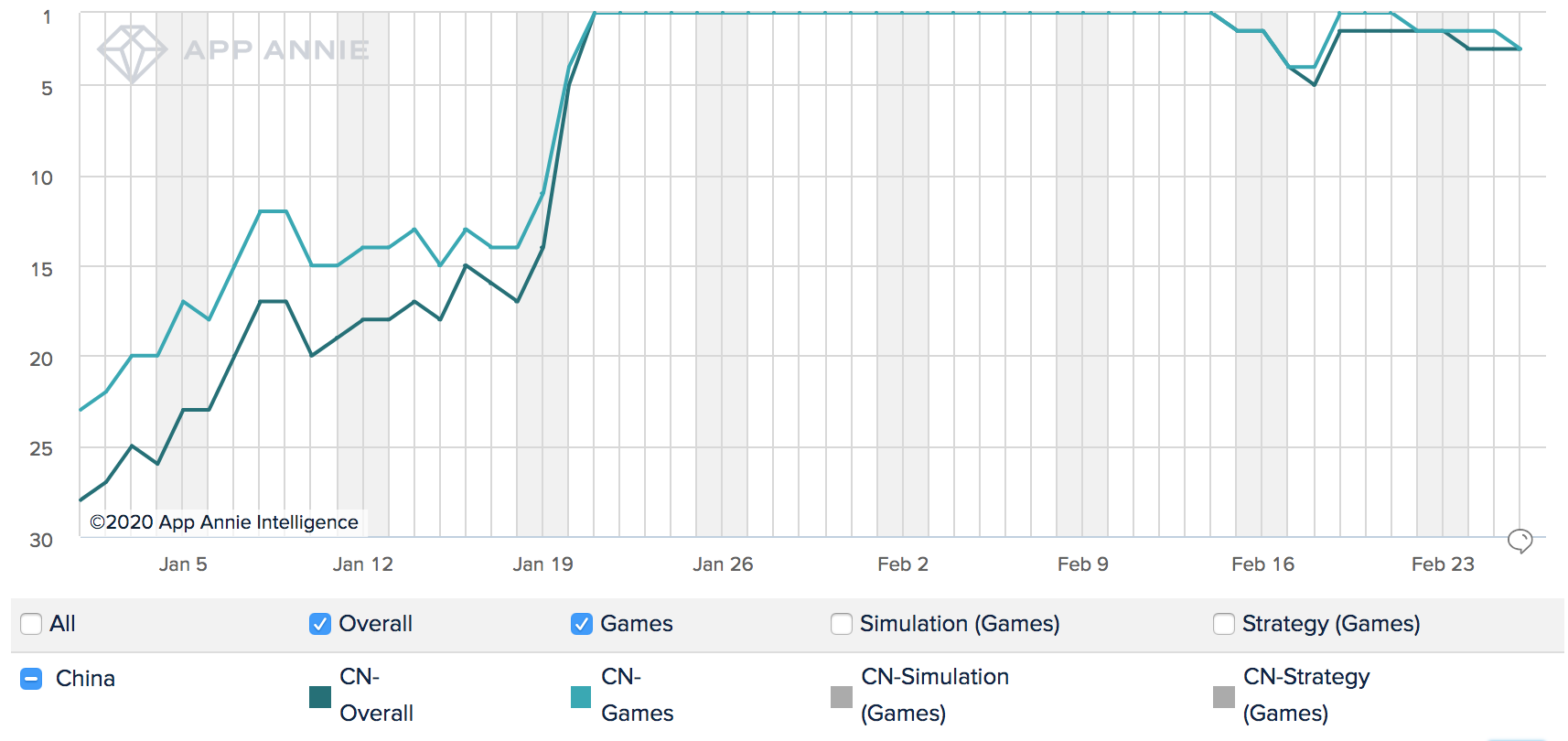Apple is celebrating International Women’s Day with a full month of events across its retail stores, App Store and other platforms, including Apple TV, plus its Apple Books and Apple Podcasts applications. In March, Apple’s retail stores will host over 5,000 “She Creates”-branded sessions as part of its “Today at Apple” event series focused on highlighting female leaders, artists, entrepreneurs and creators.
Over 100 sessions in select stores will be led by notable women, including co-chair of the Women’s March Linda Sarsour, as well as musicians Meghan Trainor and Victoria Monét and designer Carla Fernández. Two new sessions featuring the music of Alicia Keys are also now available, including a Music Lab where participants deconstruct her song “Underdog” and remix their own version with GarageBand.
In addition, a new Art Lab session called “Playful Portraits” will draw inspiration from three female artists from New York (artist Jade Purple Brown), Tokyo (illustrator Niky Roereke), and Warsaw (illustrator Jula Borzucka). In these, participants will transform everyday photos into art using patterns, stickers, and colors using the third-party Procreate app on iPad Pro.
Elsewhere across Apple’s platforms, the company will celebrate International Women’s Day with a variety of activities including curated content on the App Store, Apple TV, Apple Podcasts, Apple Books, and Apple Watch.
Notably, the U.S. App Store will feature an App of the Day and Game of the Day highlighting the work of female developers, designers and entrepreneurs every day during the month of March.
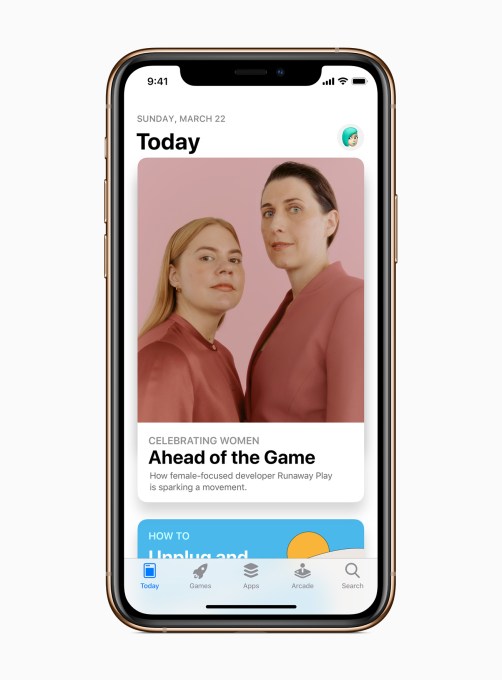
So far, Apple has featured titles like female-focused investing platform Ellevest, inspirational podcast network app Seneca Women, and female-founded political donations tracker Goods Unite Us, for example. These are labeled with a “Women’s History Month” badge on the App Store’s Today tab. The App Store will also feature editorial content that celebrates women helping build apps and games.
On the Apple TV app, the company is offering an International Women’s Day round-up featuring collections that highlight women’s contributions to movies and TV, including Bold New Voices, Women Directing Women, Rebellious Icons, and Recent Watershed Moments in TV. It’s also offering extended trials to Starz, BritBox, History Vault, and Lifetime Movie Club, where customers can find female-focused shows and movies.
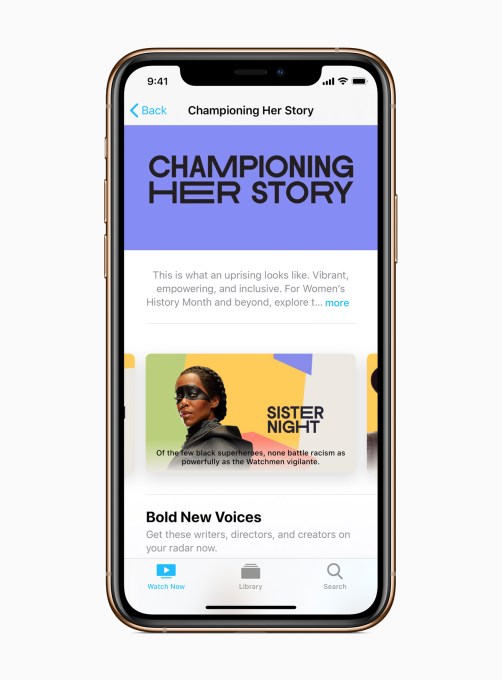
On the actual date of International Women’s Day, March 8, Apple will launch a curated collection of podcasts called “Changing the Narrative,” to feature women podcasters and shows.
Apple Books will showcase famous women’s favorite book picks, and Apple Watch users will be able to earn a special award and sticker set for Messages when they walk, run or wheelchair workout for 20 minutes or more on March 8.
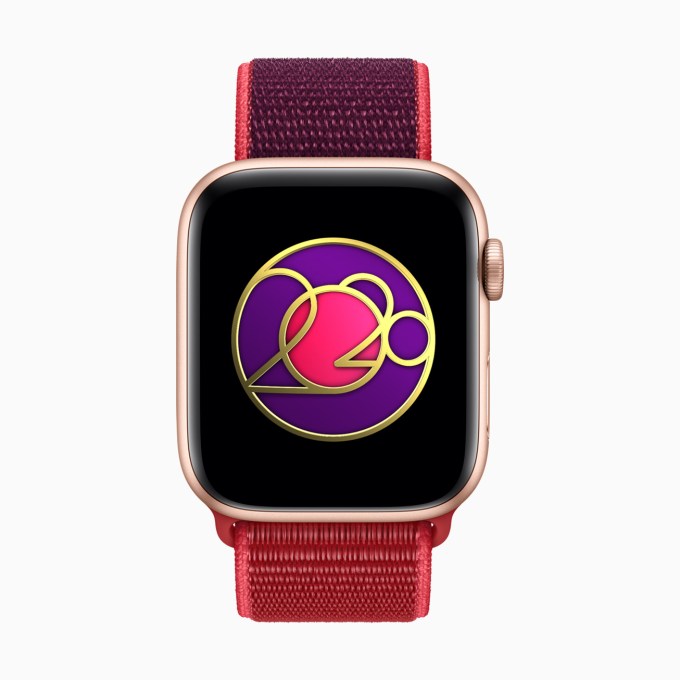
from Apple – TechCrunch https://ift.tt/2PINsOg


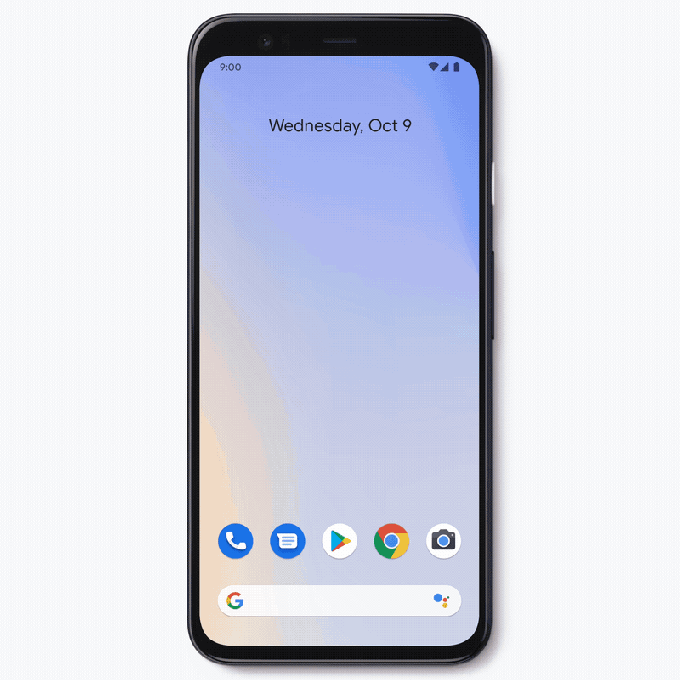 You can also now take a screenshot of a boarding pass’s barcode then tap a notification to add it to Google Pay, to then receive real-time flight updates as notifcations. This is rolling out to all countries with Google Play on Pixel 3, 3a, and 4 during March.
You can also now take a screenshot of a boarding pass’s barcode then tap a notification to add it to Google Pay, to then receive real-time flight updates as notifcations. This is rolling out to all countries with Google Play on Pixel 3, 3a, and 4 during March.